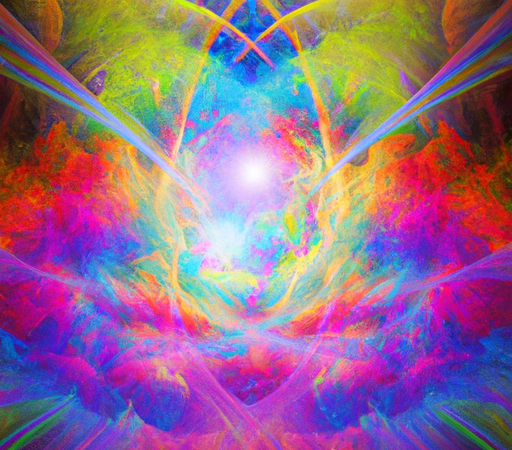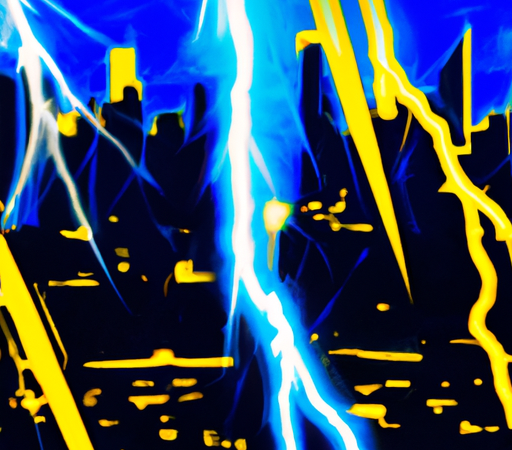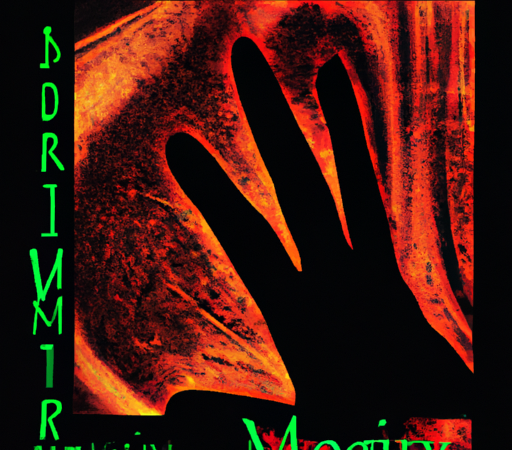The Big Bang Theory: Explaining the Origins of the Universe
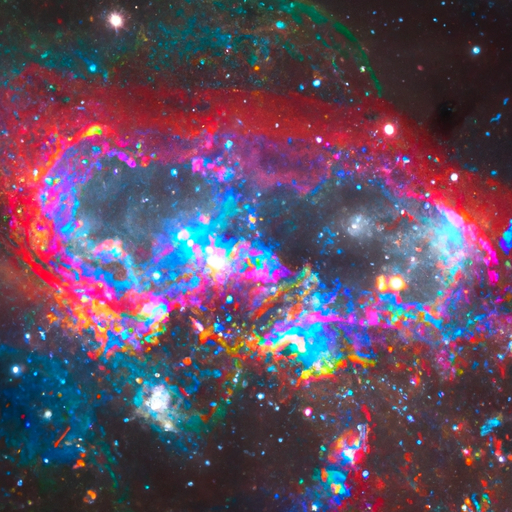
The Big Bang Theory: Explaining the Origins of the Universe
The Big Bang Theory, one of the most widely accepted explanations for the origins of the universe, has revolutionized our understanding of the cosmos. It is a captivating scientific idea that provides insights into the formation and evolution of everything we see around us today.
First proposed by the Belgian priest and physicist Georges Lemaître in the early 20th century, the Big Bang Theory suggests that the universe began as a singularity – an extremely hot, dense, and infinitely small point. According to this theory, about 13.8 billion years ago, this singularity exploded, creating all the matter and energy that exist in the universe today.
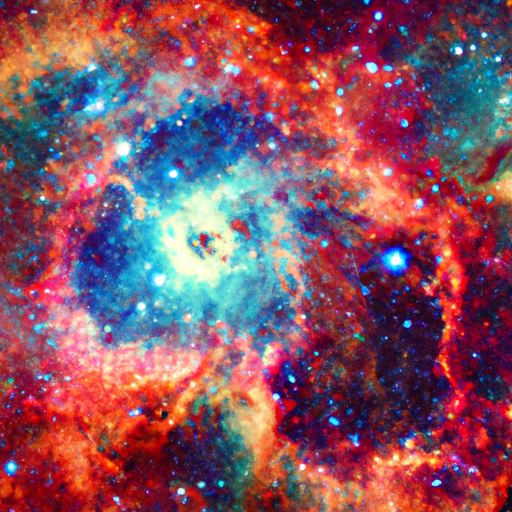
The evidence for the Big Bang Theory has been gathered from various scientific disciplines over the years. One key piece of evidence is the discovery of cosmic microwave background radiation. In 1965, two physicists, Arno Penzias and Robert Wilson, accidentally stumbled upon this radiation, which is essentially the afterglow of the Big Bang. It provides proof that the universe began in a highly energetic state and then expanded and cooled over time.
Another crucial supporting piece of evidence comes from the observed redshift of distant galaxies. Light from distant galaxies is stretched and appears more red due to the expansion of the universe. This phenomenon, known as redshift, is consistent with the predictions made by the Big Bang Theory. The further away a galaxy is, the higher its redshift, suggesting that the universe is not static but instead continuously expanding.
Furthermore, the abundance of light elements found in the universe, such as hydrogen and helium, can also be explained using this theory. The high temperatures and pressures that accompanied the initial moments after the Big Bang allowed for the formation of these light elements, which then became the building blocks for the formation of stars, galaxies, and eventually, life as we know it.
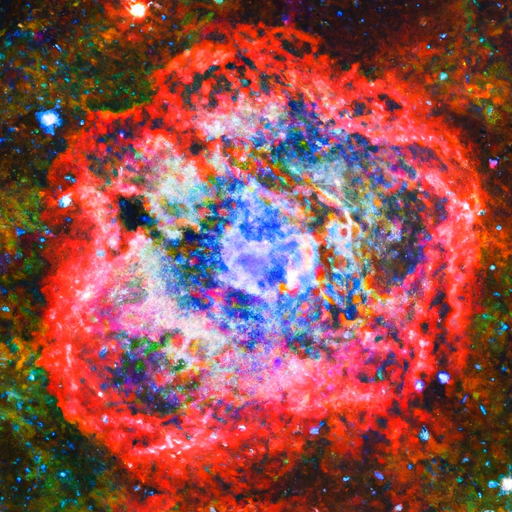
While the Big Bang Theory explains the origins of the universe, it does not address what caused the singularity to explode or how the universe emerged from it. Such questions about the earliest moments of the universe's existence are still areas of active research, with scientific inquiry continuously delving deeper into these cosmic mysteries.
Over the years, the Big Bang Theory has had a profound impact on our understanding of the cosmos. It has allowed cosmologists to develop models of the universe's expansion and estimate its age. It also provides a theoretical framework for understanding phenomena like the cosmic microwave background radiation, dark matter, and dark energy. These concepts help explain the large-scale structure of the universe and its ongoing evolution.
While the Big Bang Theory has become the most widely accepted explanation for the origins of the universe, it is important to remember that scientific theories are subject to change and refinement as new evidence is discovered. Nonetheless, this captivating theory has stood the test of time and continues to be the foundation upon which our understanding of the universe is built.
In conclusion, the Big Bang Theory offers a compelling explanation for the origins of the universe. Supported by evidence from diverse scientific disciplines, it provides a coherent and robust framework for understanding the birth and evolution of our cosmos. As we continue to explore the mysteries of the universe, this theory acts as a guiding light, illuminating our journey of discovery and helping us comprehend the wonders of the vast and ever-expanding universe we call home.

